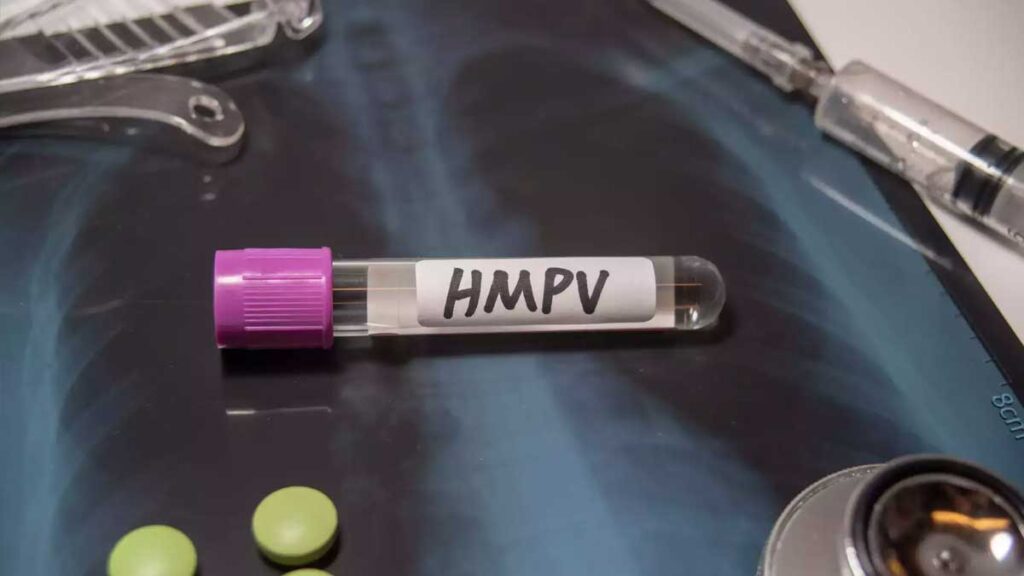The Ministry of Health says they are collaborating with the World Health Organization to monitor the media reports on the increase in Human Metapneumovirus cases in China.

They say while there is currently no declaration of a state of emergency in China for HMPV, the Ministry will continue to heighten surveillance for Influenza-like Illness and Acute Respiratory Illness for the detection of all respiratory infections.
The Ministry says Human Metapneumovirus is a virus that causes symptoms similar to a cold.
They say people who contract the virus may develop a cough, runny nose or a sore throat.
The Ministry says most cases are mild, however young children, the elderly and people with weakened immune systems are at a higher risk for serious illness.
The symptoms of HMPV include cough, fever, runny or stuffy nose, sore throat, shortness of breath and wheezing.
They say HMPV spreads through direct contact with someone who has the virus or by coming in contact with objects contaminated with the virus through coughing and sneezing, shaking hands, hugging or kissing, touching surfaces or objects like phones, door handles, keyboards or toys.
The Ministry of Health says there are no antiviral medications to treat HMPV.
They say antibiotics are also not necessary for treating HMPV.
The Ministry says the disease is self-limiting and most people can manage their symptoms at home until they feel better.
They say only those with severe infection will require hospital admission and treatment.
The Ministry says those who develop a secondary bacterial infection together with the HMPV infection will require antibiotic treatment to cure the bacterial infection.
They say people can reduce their risk of getting HMPV and other flu-like diseases by washing their hands often with soap and water and if they are not able to use soap and water, use an alcohol-based hand sanitizer, cover nose and mouth with their elbow, when they sneeze or cough.

The Ministry says people should avoid being around other people when they are sick with a cold or other diseases, consider wearing a mask if they are sick and when they come in contact with others, avoid touching their face, eyes, nose and mouth and also not to share food or eating utensils with others.
EGALITARIAN VOICE MEDIA WHATSAPP CHANNEL
https://whatsapp.com/channel/0029Va9qtzXHwXbIyBGtjk2o








